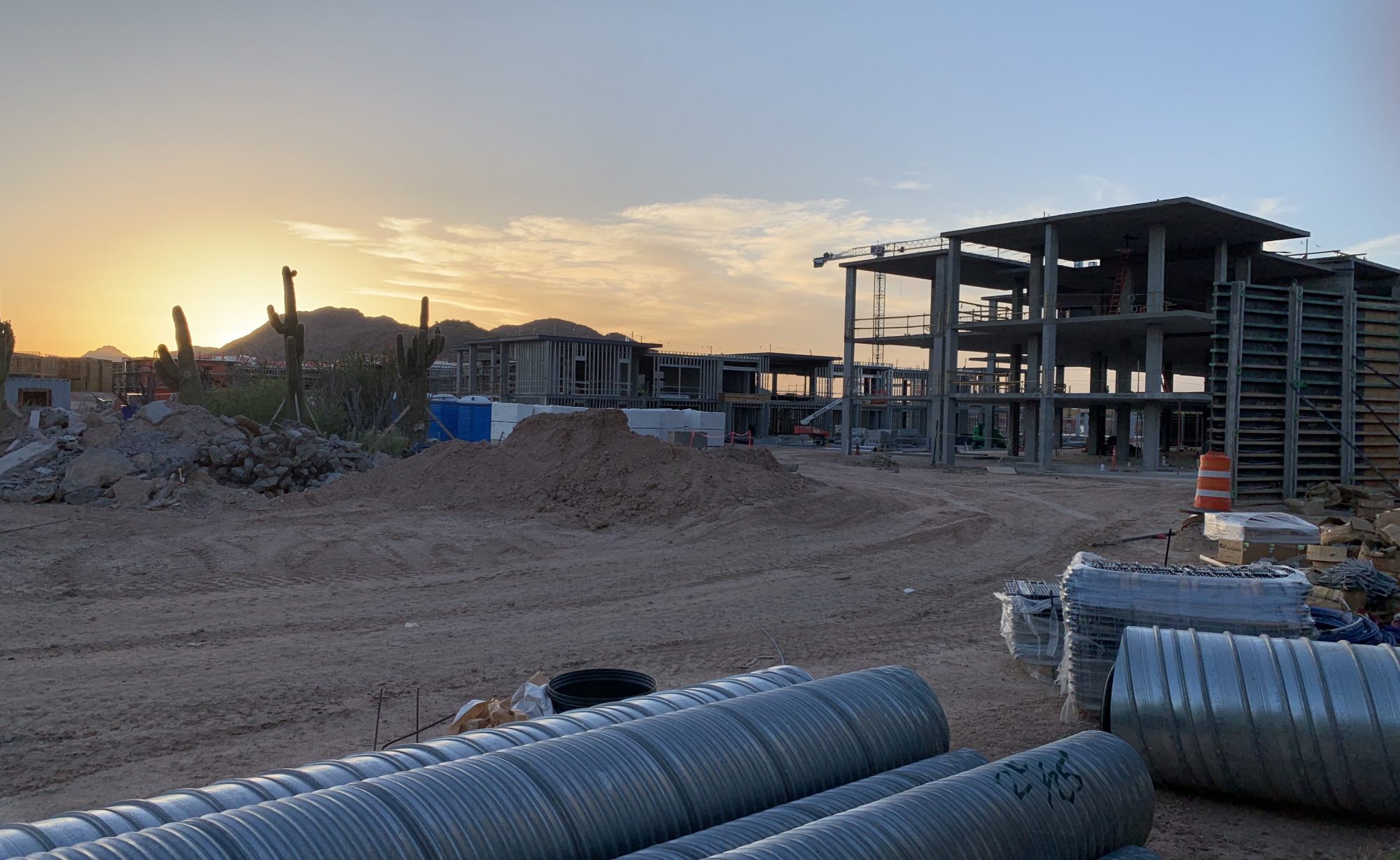 It is well-established Arizona law that a warranty of habitability and workmanship is implied into all residential construction contracts. In Sirrah Enterprises, LLC v. Wunderlich, 242 Ariz. 542 (2017), the Arizona Supreme Court recently decided “whether the successful party on a claim for breach of the warranty qualifies for an attorney-fee award under either a contractual fee provision or A.R.S. § 12-341.01.” The Court held that the warranty is an imputed term of the construction contract, such that the prevailing party on a claim for breach of that term qualifies for an attorneys’ fee award under a controlling contractual fee provision or § 12-341.01.
It is well-established Arizona law that a warranty of habitability and workmanship is implied into all residential construction contracts. In Sirrah Enterprises, LLC v. Wunderlich, 242 Ariz. 542 (2017), the Arizona Supreme Court recently decided “whether the successful party on a claim for breach of the warranty qualifies for an attorney-fee award under either a contractual fee provision or A.R.S. § 12-341.01.” The Court held that the warranty is an imputed term of the construction contract, such that the prevailing party on a claim for breach of that term qualifies for an attorneys’ fee award under a controlling contractual fee provision or § 12-341.01.
When a Plan Doesn’t Come Together: Revisiting Arizona’s Adoption of the Spearin Doctrine
 The A-Team was one of my favorite TV shows when I was a kid. As fans of the show know, Colonel Hannibal Smith’s signature line was, “I love it when a plan comes together.” Unfortunately, as those in construction know, owner-furnished plans and specifications do not always “come together.” In other words, they can be defective. In these situations, a contractor’s mere adherence to the plans and specifications can lead to an unsatisfactory project outcome. The Arizona Supreme Court first addressed this issue in Kubby v. Crescent Steel, 105 Ariz. 459, 466 P.2d 753 (1970), where it adopted what is commonly known as the Spearin Doctrine.
The A-Team was one of my favorite TV shows when I was a kid. As fans of the show know, Colonel Hannibal Smith’s signature line was, “I love it when a plan comes together.” Unfortunately, as those in construction know, owner-furnished plans and specifications do not always “come together.” In other words, they can be defective. In these situations, a contractor’s mere adherence to the plans and specifications can lead to an unsatisfactory project outcome. The Arizona Supreme Court first addressed this issue in Kubby v. Crescent Steel, 105 Ariz. 459, 466 P.2d 753 (1970), where it adopted what is commonly known as the Spearin Doctrine.
